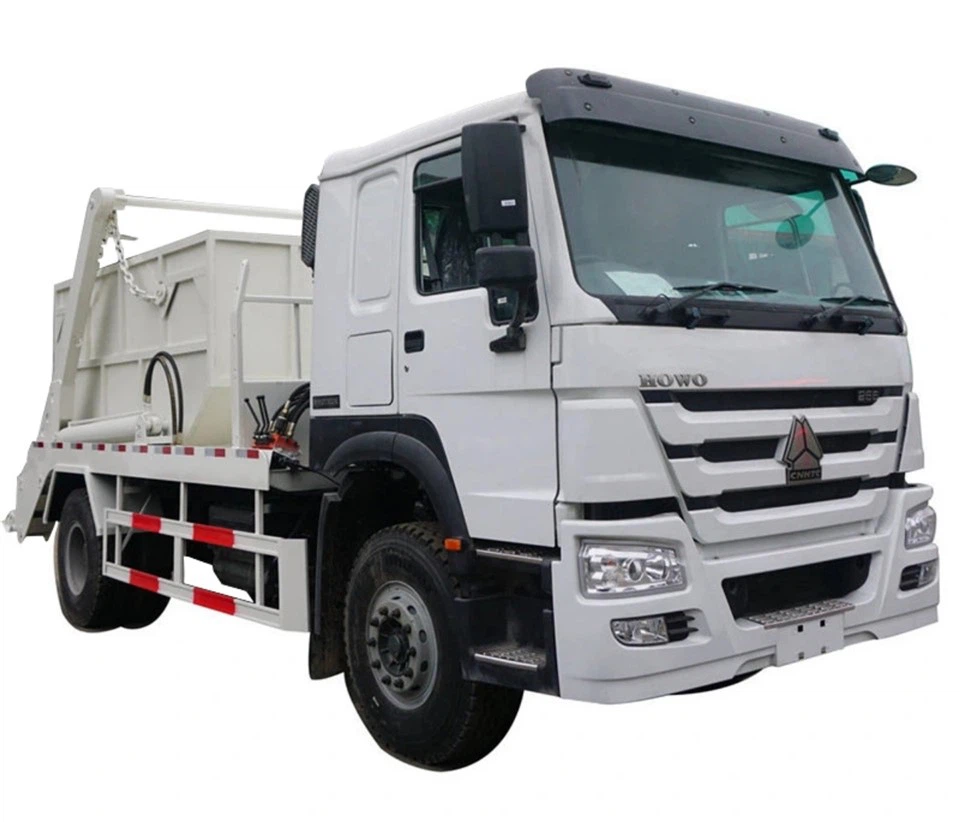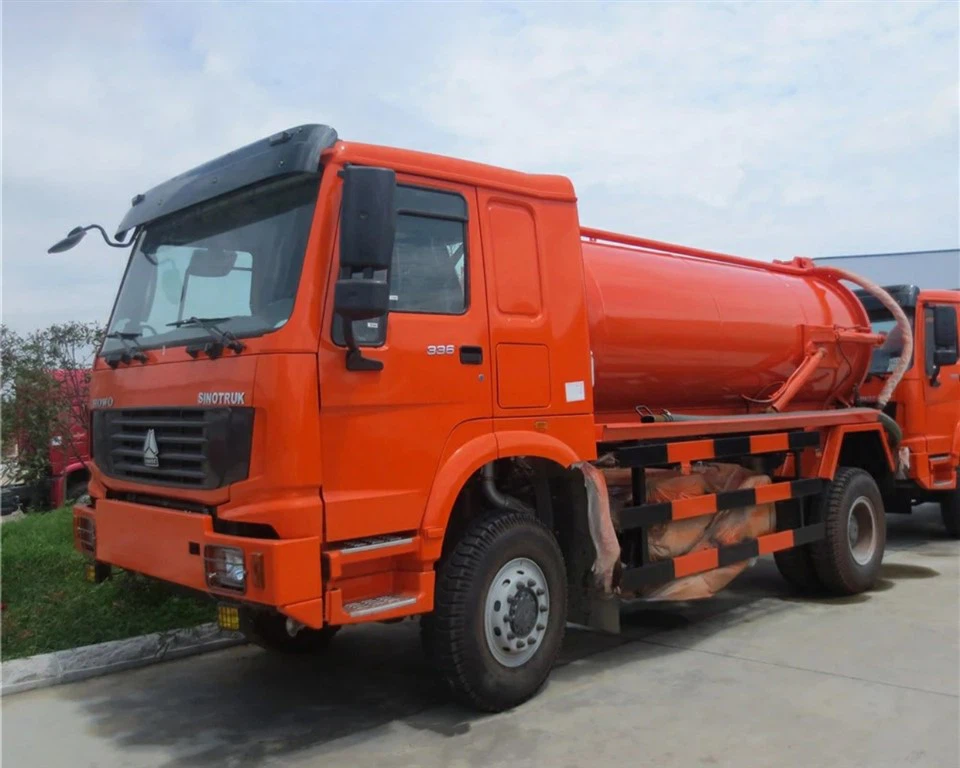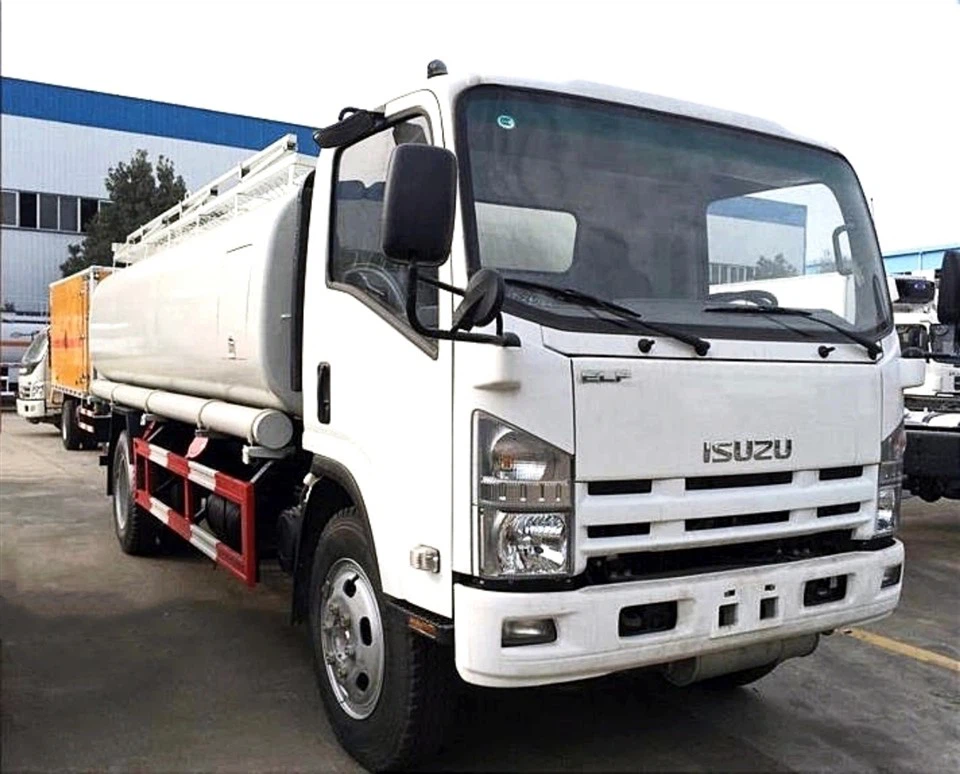Ultimate Guide to Trash Pack Dumpster Trucks

Introduction
In the world of waste management, the functionality and efficiency of trash collection vehicles play a significant role. Among these, the **trash pack dumpster truck** stands out as a reliable solution for handling waste in residential, commercial, and industrial sectors. This article will explore everything you need to know about trash pack dumpster trucks, including their types, applications, benefits, and maintenance tips. We will also answer common questions to provide a thorough understanding of this essential vehicle in waste management.
What is a Trash Pack Dumpster Truck?
A trash pack dumpster truck is a specialized vehicle designed to transport waste and debris. Equipped with a hydraulic lift, these trucks can easily lift, compact, and unload large bins of trash, making them perfect for a variety of waste management applications.
Key Features of Trash Pack Dumpster Trucks
- Hydraulic Lifting System: This allows for efficient loading and unloading of dumpsters.
- Compaction Mechanism: It compresses waste, maximizing space and minimizing trips to disposal sites.
- Durable Construction: Built to withstand harsh environmental conditions and heavy loads.
- Variety of Sizes: Available in multiple sizes to cater to different waste collection needs.
Types of Trash Pack Dumpster Trucks

There are several types of trash pack dumpster trucks, each designed for specific waste management needs. Understanding these variations can help you choose the right truck for your requirements.
1. Front Loader Trucks
Front loader dumpster trucks have two arms at the front that can lift and empty dumpsters. They are ideal for commercial waste collection.
Advantages
- Fast loading and unloading.
- Suitable for large commercial dumpsters.
- Can handle high volumes of waste.
2. Rear Loader Trucks
Rear loader trucks have a rear compartment where waste is loaded manually. These trucks are often seen in residential areas.
Advantages
- Simple design for easy operation.
- Good for smaller residential dumpsters.
- Lower operational costs.
3. Side Loader Trucks
Side loader trucks can pick up waste from the side, making them suitable for narrow streets and tight spaces.
Advantages
- Efficient in urban environments.
- Can operate in confined areas.
- Allows for automated waste collection, reducing labor costs.
Applications of Trash Pack Dumpster Trucks
Understanding where and how trash pack dumpster trucks are used can shed light on their importance in waste management.
1. Residential Waste Collection

These trucks are essential for picking up household waste on scheduled days, ensuring communities remain clean and eco-friendly.
2. Commercial and Industrial Waste Management
Busy commercial areas require efficient waste disposal. Trash pack dumpster trucks help businesses minimize downtime while keeping their facilities clean.
3. Construction Sites
Construction sites generate significant waste. Using dumpster trucks helps in managing debris and materials safely and efficiently.
Benefits of Using Trash Pack Dumpster Trucks
Investing in a trash pack dumpster truck provides numerous advantages for waste management operations.
1. Improved Efficiency
These trucks minimize labor and time required for waste collection, allowing operations to run smoothly.
2. Cost-Effective
By compacting waste and reducing the number of trips to disposal sites, businesses can save money on fuel and operational costs.
3. Environmental Benefits
Efficient waste management reduces landfill use and promotes recycling, contributing to a cleaner planet.
4. Enhanced Safety
Minimizing manual lifting reduces the risk of injuries for workers involved in waste collection, ensuring a safer work environment.
Maintenance Tips for Trash Pack Dumpster Trucks
Regular maintenance is essential to keep trash pack dumpster trucks operating at optimal levels.
1. Regular Inspections
Conduct routine inspections to check for any wear and tear, especially on hydraulic systems and compaction mechanisms.
2. Cleaning
Keep the truck clean, particularly the compaction area, to ensure efficient operation and prolong the vehicle’s lifespan.
3. Fluid Checks
Regularly check and replace hydraulic fluids to maintain smooth operation of the lifting and compaction systems.
4. Tire Maintenance
Ensure tires are inflated to the proper pressure and inspect them regularly for damage or wear.
5. Scheduled Service
Follow the manufacturer’s recommended service schedule for the best performance and longevity of the vehicle.
Cost Considerations for Trash Pack Dumpster Trucks
The cost of a trash pack dumpster truck can vary widely based on several factors.
1. Type of Truck
Front loader trucks tend to be more expensive than rear loader trucks due to their complex design and capabilities.
2. Size of the Truck
Smaller trucks can be less expensive, while larger models that handle more waste will come at a higher price point.
3. New vs. Used
Consider whether to invest in a new or used truck. New trucks offer warranties but come at a premium, while used trucks can save money but may require more maintenance.
Practical Examples of Trash Pack Dumpster Trucks in Action
Let’s look at a few examples of how trash pack dumpster trucks can be utilized effectively.
Example 1: Local Municipality Waste Collection

A city can implement a fleet of rear loader trucks to manage household waste. Scheduling regular pickups ensures bins are emptied before they overflow, promoting cleanliness in neighborhoods.
Example 2: Large Construction Project
A construction company might use front loader trucks to efficiently handle debris from job sites. These trucks can make multiple trips in a day, keeping the site safe and organized.
Example 3: Grocery Store Waste Management
Large grocery stores can benefit from side loader trucks to collect waste and recyclables. These trucks can easily navigate parking lots, ensuring timely collections without disrupting store operations.
FAQ Section
1. How often should I schedule waste collection with a trash pack dumpster truck?
The frequency depends on waste volume and local regulations, but most residential and commercial collections occur weekly.
2. What types of waste can be collected using trash pack dumpster trucks?
These trucks can handle a variety of waste types, including household waste, construction debris, and recyclable materials.
3. What is the average lifespan of a trash pack dumpster truck?
With proper maintenance, a trash pack dumpster truck can last between 10 to 15 years, depending on usage and operating conditions.
4. Can I rent a trash pack dumpster truck instead of purchasing one?
Yes, many companies offer rental options for trash pack dumpster trucks, which can be a cost-effective solution for temporary waste management needs.
5. What are the operational costs of running a trash pack dumpster truck?
Operational costs include fuel, maintenance, insurance, and potential driver wages. Managing these costs effectively is essential for profitability.
6. Are there regulations that govern the use of trash pack dumpster trucks?
Yes, regulations can vary by city and state, covering aspects like weight limits, emissions standards, and pickup schedules. Always check local regulations before operating a dumpster truck.
